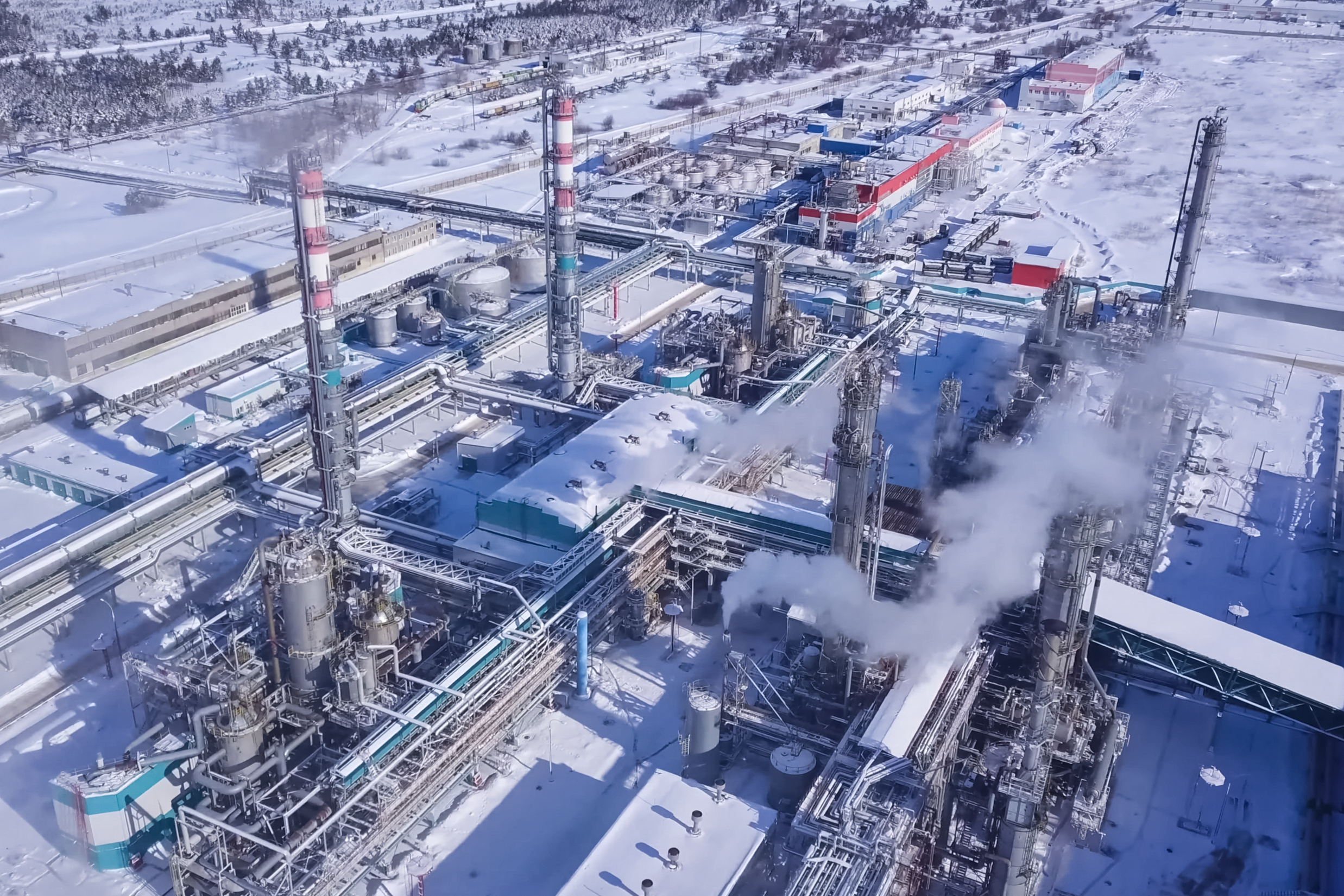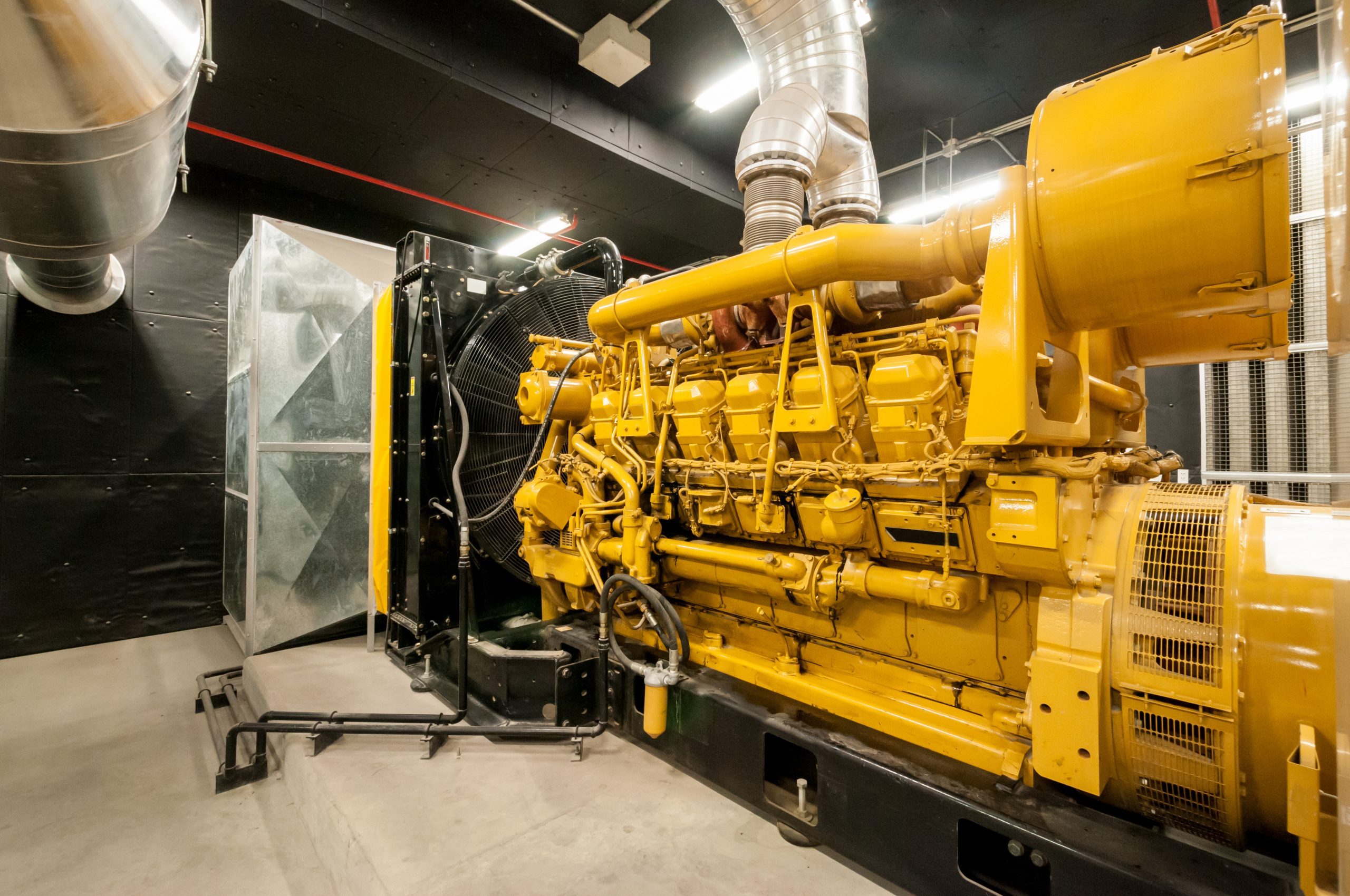Situation
A coal-fired power plant in Asia had two identical units. Plant operators discovered an issue with Unit 1’s generator that they estimated would take six months to rectify. A month later, they found Unit 2 also suffered from the same underlying problem, despite operating as usual. As such, the plant also took Unit 2 out of operation.


It should be noted that the insured operates in a country where there is an open wholesale power market, but the power plant earned most of its revenue from contracts with industrial customers. These contracts also let the plant sell unused capacity on the open electricity market, with the profits shared according to a formula.
Key Questions
Several issues related to policy interpretation arose as a result of this case. While these matters fall outside our scope of work, MDD helped to calculate insurers’ potential exposure under various interpretations.
- Did a single deductible apply for the combined losses at Units 1 and 2, or did insurers need to assess
two separate deductibles? - If insurers assessed two deductibles, they needed to consider the annual maintenance period for Unit 2, which overlapped with the policy waiting period.
Eventually, it was decided that separate deductibles should be applied to the losses at Units 1 & 2, and no
further adjustments were necessary on the overlap between Unit 2’s annual maintenance period and the waiting period applicable to Unit 2’s loss.
We also examined a number of additional factors, the material ones including:
- Comparing hourly prices set by the market versus the plant’s cost of generation.
- Contract specifications and prices that the insured had with individual customers.
How MDD Helped
We calculated the potential impact of deducting the maintenance period in full against the loss. We also performed a detailed assessment of the losses from the sales shortfall to industrial customers and the open market. Under some of the contracts, the Insured was obligated to purchase electricity from the open market to supply its customers in the event of outages, while continuing to be paid at the usual rates. Thus, MDD also evaluated the extent to which the cost of these open market purchases exceeded the insured’s expected generation costs.
MDD explained that a high-level analysis, based on past sales and purchase data, would not yield an accurate result. Instead, we needed to perform a detailed hourly/daily analysis because the insured’s decision to transact on the open market depends on the spot price.

For instance, when spot prices are below the Insured’s cost of generation, it may choose to reduce its output and procure power on behalf of its customers from the open market instead. These spot prices vary at every interval and therefore past trends alone are unlikely to serve as a reliable guide for the indemnity period.
Accordingly, we based our model on a combination of market prices, the profit-sharing formula and the plant’s historical operations. Based on the open-market sales we noticed that the insured might not want to sell all of its unutilised capacity and preferred to maintain a certain bu’er in the event there was a sudden spike in contract customers’ demand.
While the model was complex, we used it to capture various scenarios the insured would have encountered. Additionally, we simplified the summary schedule and directed the parties on the material assumptions they had to consider during the claim settlement process.
The insured appreciated our understanding of its operations and the model we built. As a result, it was very cooperative and provided the requested information to ensure we considered all of the necessary parameters related to the loss. This collaborative approach resulted in a much faster settlement than other comparable power generation losses.
Results
Based on our comprehensive analysis on the insured’s operational / financial data, a resolution was reached between the Insured and insurers and the Insured was satisfied with the outcome due to the guidance we provided during the process.
The statements or comments contained within this article are based on the author’s own knowledge and experience and do not necessarily represent those of the firm, other partners, our clients, or other business partners.
CONTACT
CONTACT MDD
Our firm has over 80 years of experience working on assignments that span over 800 industries around the world.






 11 March, 2022
11 March, 2022



